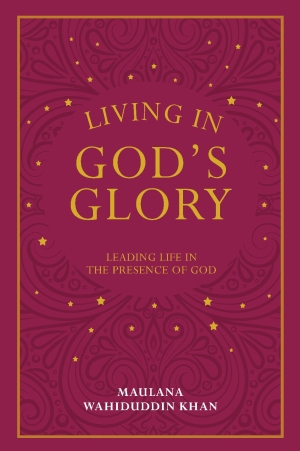The Quran tells us: “God has the most excellent names.” (7:180). This has been mentioned at three other places in the scriptures. “His are the finest names” (17:110). “His are the most excellent names” (20:8). “His are the most excellent names” (59:24). Here, “names” have the extended meaning of attributes, that is, all the best attributes inhere specifically in God.
How many divine attributes are there? We learn from a hadith that they number 99. (Sahih al-Bukhari, Hadith No. 2736) Some scholars say there is a greater number, i.e., about one thousand (Tafsir Ibn Kathir, Vol. 2, p. 269). But the issue of number here is relative to the limitations of the human vocabulary. The words in human language are finite, while the being of God is infinite. God’s attributes are, therefore, in reality unlimited. According to the Quran, If all the trees on earth were pens, and the sea [were] ink, with seven [more] seas added to it, the words (wonders) of God would not be exhausted: for, truly, God is Almighty and Wise. (31:27)
The 99 best names are, as it were, a major sampling of God’s infinity of attributes.
In addition to that, the following teaching of the Prophet calls for an understanding of what is meant by calling upon God with His greatest name, which in Arabic is referred to as Ism-e-Azam. One of the Companions of the Prophet reported that once the Prophet of Islam heard someone saying: “O God, I beseech You. All praise is for You. You are the object of worship, You have no partner. You have done great favours to man. You have created the Earth and the heavens without any model. Greatness and honour are Yours.” On hearing this, the Prophet of Islam said: “You have called God with Ism-e-Azam. When He is called out in this way, He will certainly answer your call; and when He is asked for anything in this way, He grants it.” (Musnad Ahmad) Generally, people think Ism-e-Azam refers to a special name of God’s.
From the above Hadith, we can understand that it is not one particular name. There are many names of God that reflect various Divine attributes. This shows that Ism-e-Azam cannot be a particular name. Had it been a specific name, the above prayer of the Prophet’s Companion would have also referred to that name. But there are several names of God in this prayer. In spite of this clear indication, considering Ism-e-Azam to be a particular name of God, and making every effort to find that name, is, without doubt, a futile exercise.
The truth is that Ism-e-Azam is not just one great name, but is rather a great state or feeling. In the above prayer the Companion did not repeat some words by rote, but rather in a great state of emotion, some particular words fell from his lips, and this is what is meant by calling upon God with Ism-e-Azam.
Ism-e-Azam relates in fact to spiritual or divine feelings. Calling upon God with such words as are full of feelings is calling upon God with Ism-e-Azam.








